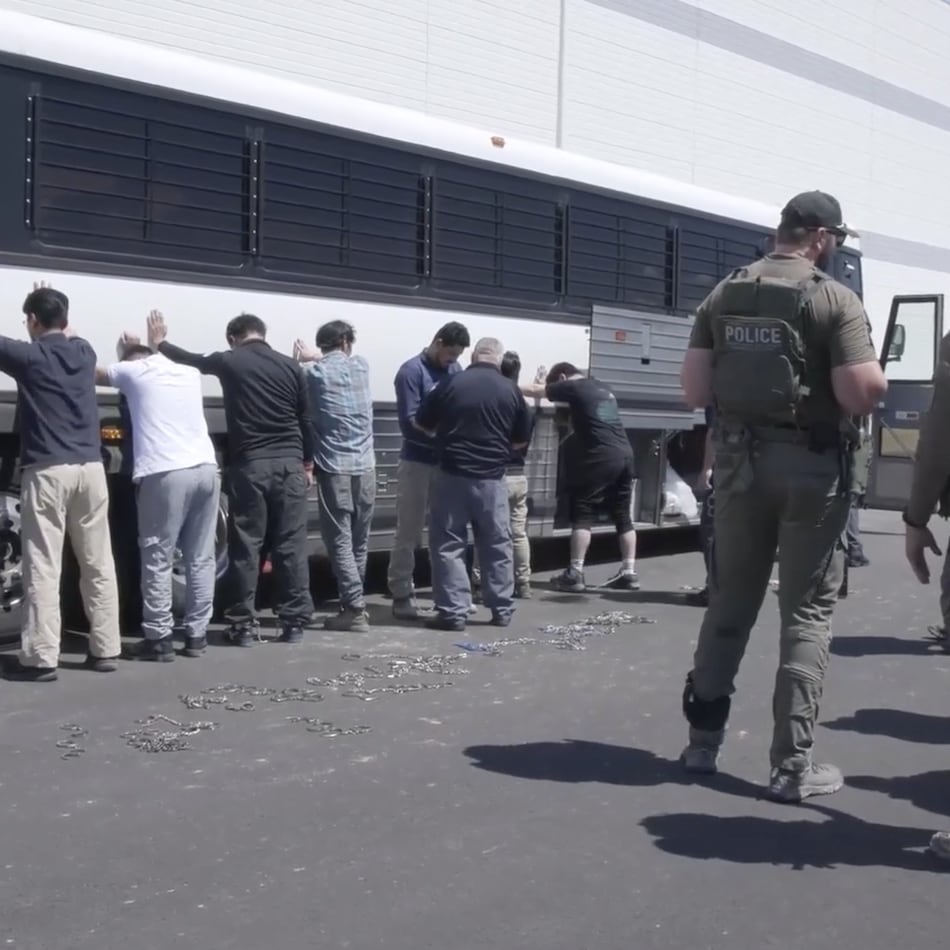How does a Pulitzer Prize change your life?
"We know what the first line in my obituary will be," jokes Douglas A. Blackmon, author of 2008's "Slavery by Another Name: The Re-Enslavement of Black Americans from the Civil War to World War II," the landmark study of forced African-American labor that won the coveted prize this year.
The Pulitzer also helped draw the attention of fellow scholars, whose help will be enlisted for the PBS documentary, currently in production, based on the book.
Blackmon would like to see another outcome: "I would like to partner with a university or other institution to create some sort of a program to encourage students -- graduates or undergraduates -- to take specific cases, sort of like an Innocence Project of the past." There are 30,000 pages of documents relating to debt slavery in the files of the Department of Justice at the National Archives, he said, and plenty of stories to follow.
When he speaks at the Decatur Book Festival this Saturday, Blackmon will also discuss his next project, a memoir that turns attention to his roots in Leland, Miss., and the story of a farm labor strike outside of town that became a rallying cause for impoverished African-Americans throughout the region.
Blackmon, the Wall Street Journal's Atlanta bureau chief, spoke recently about the new stories that turn up, each time he addresses an audience.
Q. What sort of follow-up would you like to see?
A. I continue to get a steady stream of inquiries from people, either trying to figure out whether they connect to people discussed in the book, but more-so people contacting me to say 'Here's the story of what happened to my family: My grandmother was enslaved to a white man in the 1940s and forced to bear his children.'
There is a sentiment among African-Americans that there were these grotesque tragedies committed against their families that people are still conscious of. A lot of them were suppressed out of shame and guilt and coercion, and a lot of these things happened very recently, as recently as the 1930s, '40s and '50s.
Q. How does your memoir relate to this?
A. It's a memoir of growing up in a place created by these practices, a farm town in the middle of the Mississippi delta, during the civil rights period. All of that fits into this fascinating national debate about this specious idea that we live in a post-racial society, and the question of what does all this history matter, and does it matter in a time when we have an African-American president?
Q. Where did you grow up?
A. Leland, Mississippi, a town of 10,000, in a 50-50 black-white town, in a majority black county and an overwhelming majority black part of Mississippi.
[On a plantation outside of town] were the first farm workers to attempt to strike in any manner since the Depression. They were thrown out of their homes, forced off their land. They set up an encampment, which became a settlement called Strike City, which became a hotbed of civil rights activities.
Meet the author
Douglas A. Blackmon
At the Decatur Book Festival, 3 p.m. Saturday, free; First Baptist Decatur Sanctuary Stage, 308 Clairemont Ave. Decatur. For information: www.decaturbookfestival.com
About the Author
Keep Reading
The Latest
Featured



